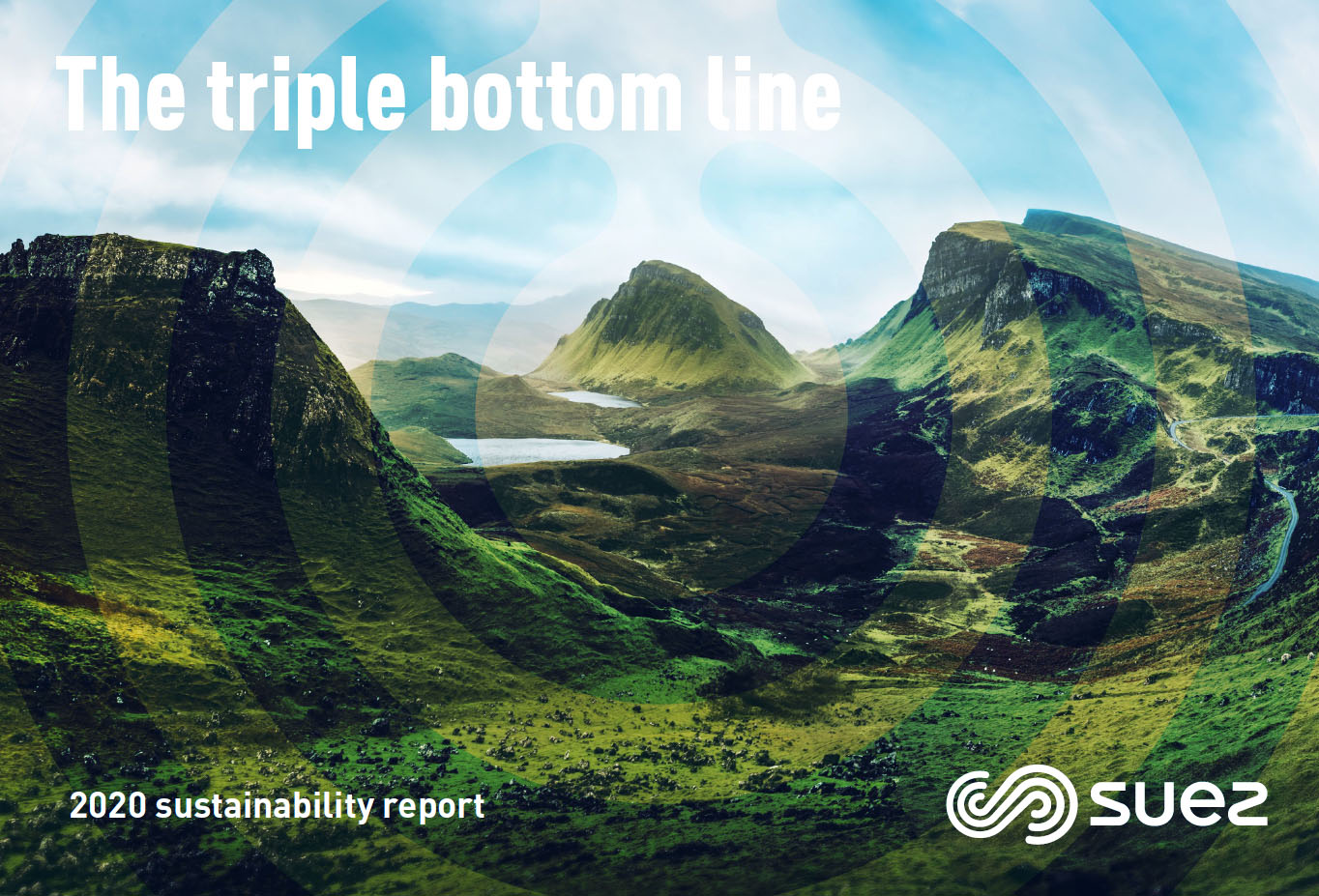What is it and why is it important?
The world is heating due to the ‘greenhouse’ gases accumulating in our planet’s atmosphere, commonly arising from the burning of fossil fuels, agricultural practices, waste management and industrial processes.
We are now in a climate emergency, witnessing more frequent and extreme weather events, rising sea levels, loss of habitats and fertile land, and growing food insecurity. Our stakeholders expectations are changing when it comes to climate change and it is now recognised as the greatest threat to business.
What is the political and legal framework?
In 2015, the UK together with nearly 200 other countries, signed up to the Paris Agreement (2015), setting legally binding targets to limit the global temperature to well below 2ºC, preferably 1.5ºC, by achieving net zero by 2050.
This was enshrined into UK law via an amendment to theClimate Change Act 2008 and will soon be supported by an interim 78% reduction by 2035 target which is being laid before parliament (as recommended in December 2020 by the Climate Change Committee).
In October 2021, the UK Government published its Net ZeroStrategy building on its 10 point plan to reach net zero and the 25-year Environment Plan to improve the environment within a generation. It also issued Procurement Policy Note 06/21 in June 2021, requiring suppliers to provide a carbon reduction plan during the tender process confirming its commitment to achieve net zero by 2050.
The Energy Savings Opportunity Scheme Regulations 2014 (ESOS) and Streamlined Energy and Carbon Reporting Regulations 2018 (SECR) also require large companies to review and report energy use and associated carbon emissions, together with identifying and reporting on reduction measures implemented. From April 2022, the Taskforce on Climate-related FinancialDisclosures (TCFD) requirements will also apply.
The actions contained within the Net Zero Strategy are to:
- Increase recycling rates to 65%
- Nearly eliminate biodegradable waste to landfill by 2028
- Support separate food waste collections in England for all households by 2025
- Deliver the reforms in the Resources and Waste Strategy, namely the waste prevention programme, consistent collections, a deposit return scheme and extended producer responsibility
- Introduce a plastic packaging tax from April 2022 at £200 per tonne for packaging containing <30% recycled content, increasing to 40% in 2022-23
- Deliver the Industrial Decarbonisation Strategy which includes supporting carbon capture, utilisation and storage
What are we doing?
SUEZ has committed to achieve net zero by 2050 and supports the UN’s Race to Zero Campaign through the Business Ambition for 1.5°C coalition. We were the first environmental services business to commit to setting Science Based Targets and have recently received our Science Based Targets validation certificate confirming our targets are in line with a 1.5 degree trajectory to:
- Reduce scope 1 and 2 emissions by 46% by 2030
- Reduce scope 3 emissions by 14%
- Ensure 25% of its suppliers have science-based targets by 2026
These commitments are in addition to:
- Avoiding 20 million tonnes of emissions for our customers per year by 2030
- Assessing the sustainability of any new project, including taking account of its carbon emissions
We monitor and report our carbon emissions annually, in line with the EpE Protocol which has the ‘Built on the GHG Protocol' label, reporting on our Scope 1, 2 and 3 emissions, together with those we avoid for our customers. A key metric we report is the intensity of our emissions, either reported as emissions per tonne of waste handled, or emissions avoided per tonne of carbon emitted. We are also supporting the ESA net zero by 2040 strategy for the waste and resources sector.
Our 2020 carbon figures
Scope 1
1,078,721 TeqCO2
Scope 2 (location based)
18,729 TeqCO2
Scope 3
568,143 TeqCO2
1,672,974 TeqCO2
Intensity (emissions per tonne handled)
0.14 TeqCO2
Intensity (emissions avoided per tonne of carbon emitted)
1.00 TeqCO2

Report | Sustainability report 2020
How are we achieving results?
As well as using our expertise to maximise customers’ emissions avoided by promoting the waste heirarchy and circular economy, our efforts to reduce our own emissions include:
- Establishing a network of Sustainability Champions to implement our 10 sustainability principles across all of our sites
- Procuring 100% renewable electricity since 2015
- Optimising routes and fuel and driving efficiency, using Supatrak
- Implementing our sustainable business travel policy and introducing an all electric company car policy
- Rolling out the installation of LED lighting across all of our facilities
- Using artificial intelligence to identify non‑conforming wastes to minimise the number of plant shutdowns and restarts associated with blockages
- Purchasing our first electric refuse collection vehicle and participating in trials with partners to drive forward the electrification of our fleet
- Exploring carbon capture and storage (CCS) for Teesside energy-from-waste facility with bp
How we help
- Providing solutions that promote the waste hierarchy and circular economy to decarbonise customers’ activities
- Assisting our customers’ in calculating their carbon emissions
- Continuing to report on our own emissions and taking action to minimise emissions from our operations

SUEZ insight: Carbon and the climate crisis
